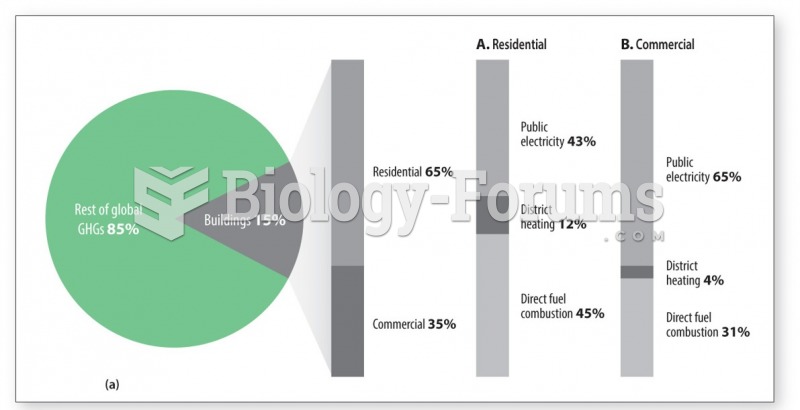|
|
|
Drug-induced pharmacodynamic effects manifested in older adults include drug-induced renal toxicity, which can be a major factor when these adults are experiencing other kidney problems.
Glaucoma is a leading cause of blindness. As of yet, there is no cure. Everyone is at risk, and there may be no warning signs. It is six to eight times more common in African Americans than in whites. The best and most effective way to detect glaucoma is to receive a dilated eye examination.
Hypertension is a silent killer because it is deadly and has no significant early symptoms. The danger from hypertension is the extra load on the heart, which can lead to hypertensive heart disease and kidney damage. This occurs without any major symptoms until the high blood pressure becomes extreme. Regular blood pressure checks are an important method of catching hypertension before it can kill you.
You should not take more than 1,000 mg of vitamin E per day. Doses above this amount increase the risk of bleeding problems that can lead to a stroke.
Your chance of developing a kidney stone is 1 in 10. In recent years, approximately 3.7 million people in the United States were diagnosed with a kidney disease.
 Organizational Effects of Testosterone Around the time of birth, testosterone masculinizes and defem
Organizational Effects of Testosterone Around the time of birth, testosterone masculinizes and defem
 Piaget was one of the first to go beyond observable behavior in an attempt to determine how infants ...
Piaget was one of the first to go beyond observable behavior in an attempt to determine how infants ...
 The tools necessary to adjust the valves on an engine with adjustable rocker arms include basic hand ...
The tools necessary to adjust the valves on an engine with adjustable rocker arms include basic hand ...




